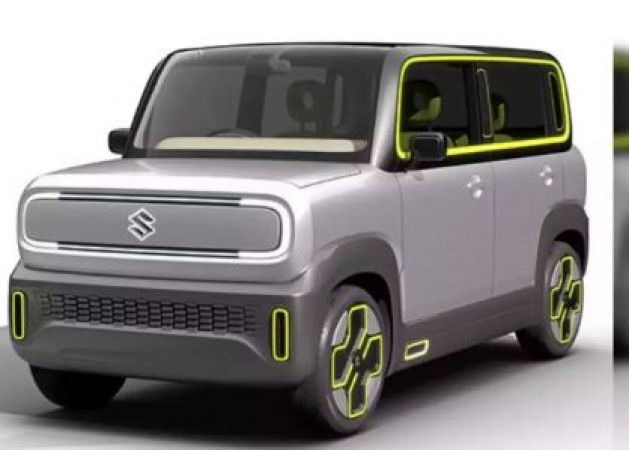
The automotive industry is abuzz with anticipation as the renowned company gears up to introduce the electric version of the beloved Maruti Wagon R. While this move signifies a significant step towards sustainability and innovation, it also raises concerns about the potential challenges that electric cars might bring along. Let's delve deeper into the implications of this decision and explore the possible hurdles that could arise.
Transitioning to electric vehicles (EVs) necessitates a robust infrastructure capable of supporting widespread charging stations. However, many regions still lack the necessary infrastructure, posing a significant hurdle to the adoption of electric cars.
One of the primary concerns among consumers contemplating the switch to electric vehicles is range anxiety. Despite advancements in battery technology, EVs often have limited range compared to traditional vehicles. Addressing this apprehension is crucial to encourage widespread adoption.
While electric vehicles boast lower operational costs over time, their initial purchase price tends to be higher than conventional vehicles. This upfront cost can deter potential buyers, especially in markets where affordability is a key factor in purchasing decisions.
The performance and lifespan of electric vehicle batteries are critical considerations for consumers. Issues such as battery degradation over time and the need for expensive replacements can impact the overall ownership experience and add to the long-term costs of owning an EV.
Accessibility to charging infrastructure remains a pressing issue, particularly in rural areas and regions with limited resources. The expansion of charging networks is essential to accommodate the growing number of electric vehicles on the roads effectively.
The launch of the electric version of the Maruti Wagon R is poised to attract significant attention from consumers and industry experts alike. However, the success of this venture will hinge on the company's ability to address potential challenges effectively.
Building and maintaining consumer confidence in the reliability and performance of the electric Wagon R will be paramount. Providing adequate support services, including robust warranties and efficient maintenance options, can help alleviate consumer concerns.
Government policies and incentives play a crucial role in promoting the adoption of electric vehicles. Continued support through subsidies, tax incentives, and infrastructure investments will be essential to drive widespread adoption and mitigate potential challenges.
Advancements in battery technology and vehicle design will be pivotal in overcoming existing limitations and enhancing the overall appeal of electric vehicles. Continuous innovation is necessary to address issues related to range, charging times, and battery durability. As the automotive industry embarks on the journey towards electrification, the introduction of the electric Maruti Wagon R marks a significant milestone. However, it is imperative to acknowledge and address the potential challenges that may arise along the way. By proactively tackling issues such as infrastructure constraints, range anxiety, and high initial costs, stakeholders can pave the way for a smoother transition to electric mobility. The success of the electric Maruti Wagon R hinges not only on technological advancements but also on collaborative efforts among manufacturers, policymakers, and consumers to create a sustainable and accessible electric vehicle ecosystem.
How Does Zinc Deficiency Cause Hair Loss? Magical Tips to Increase Zinc in Your Body
Snoring Disturbs Your Partner? Here’s How to Ensure a Peaceful Night's Sleep
How to Naturally increase Dopamine, your Feel-good hormone? 10 Tips